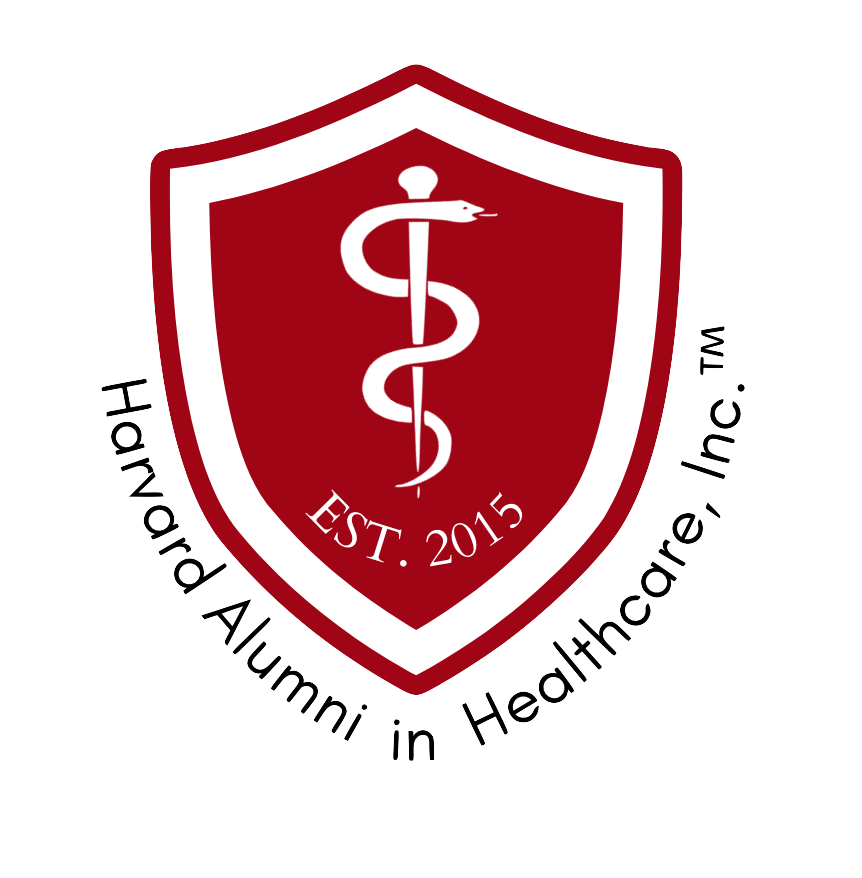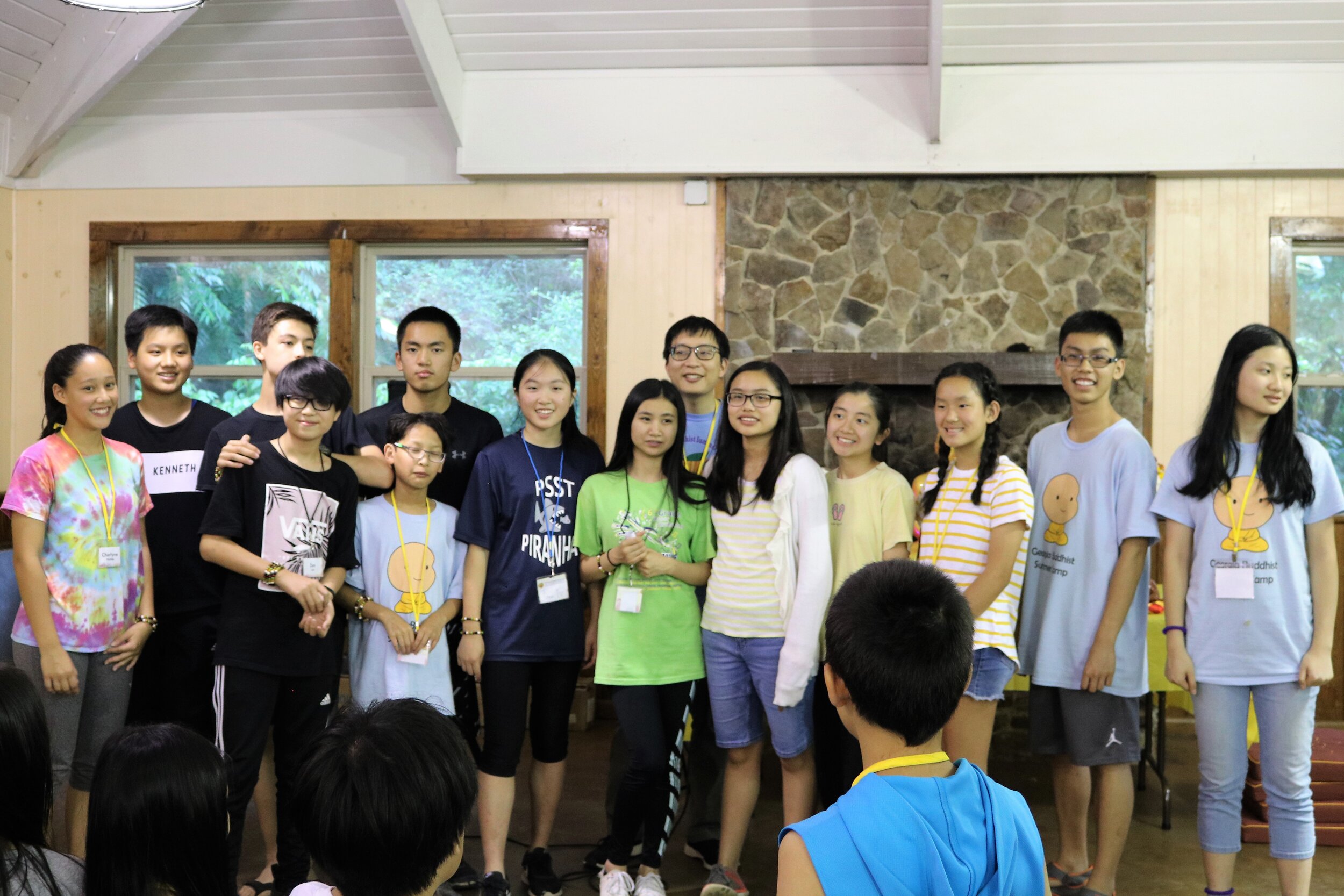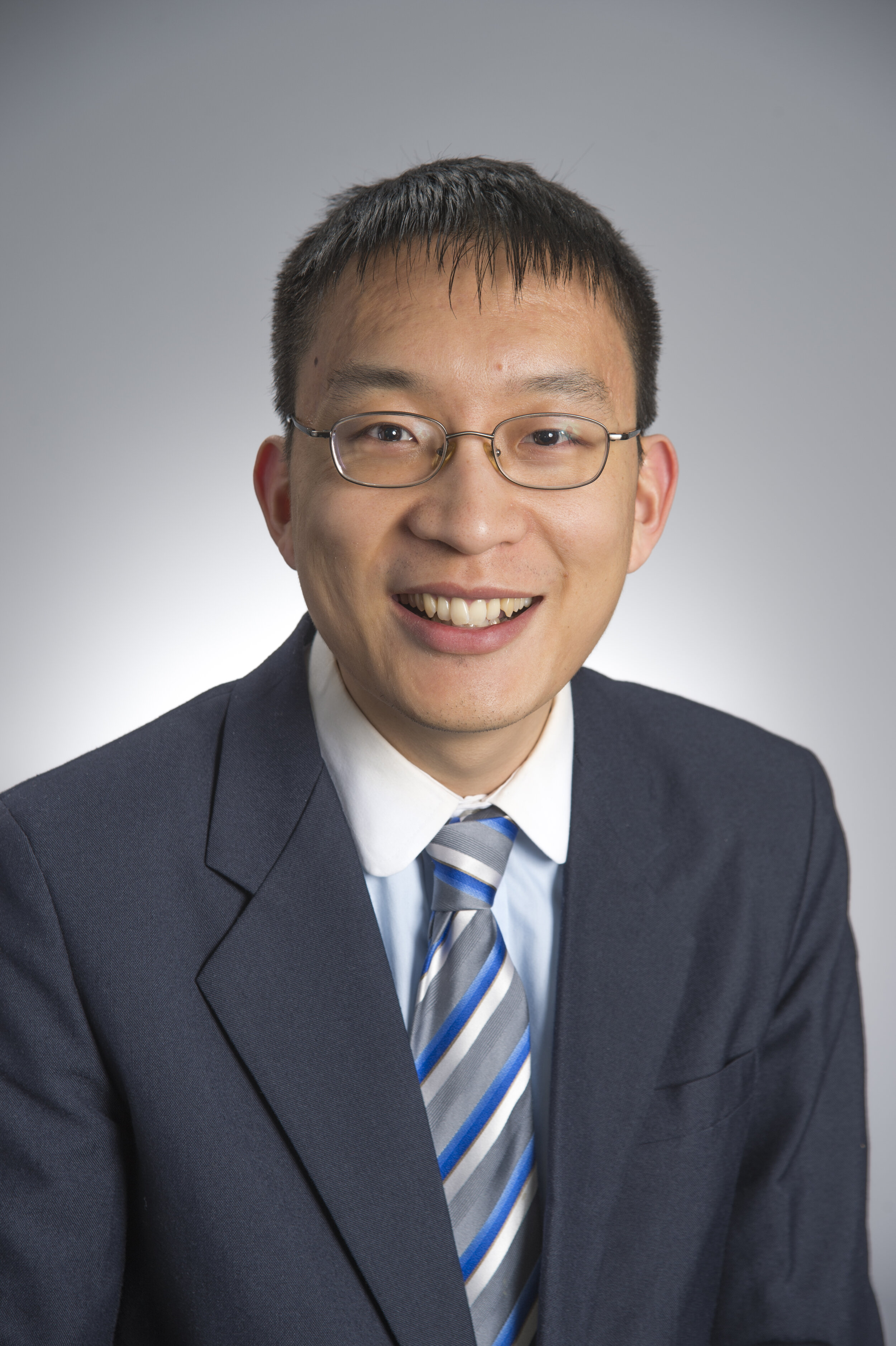Emory Hsu, AB 2008
Everybody has different challenges, physical or otherwise, and I’ve been fortunate to be able to go to Harvard and medical school afterwards even after facing many obstacles. But it’s important to understand that no matter where we go, there will always be things that don’t go our way. You can’t always have everything worked out the way you want because you can’t control other people or other events going on. So when I approach challenges, I always think, I will try my best, I will do my best, and maybe look at the problem in another way. At the end of the day, I always try and help others, devoting myself to help the community I am in.
During the pandemic, a lot of people from my division, endocrinology, have helped out with the virus. The chair of the endocrinology department is treating coronavirus patients, and half of our nurses and administration have also been reassigned to treat coronavirus patients at the hospital. Another big change from the pandemic has been the rise of telemedicine. I think people were expecting this from last year, but we never predicted that it would happen so fast. I think telemedicine has a lot of potential, especially for us in endocrinology, because much of our work is related to medical history, education, and labs. In many cases, it’s not too big of an issue not having access to performing the physical exam. So, telemedicine will probably be here to stay after the pandemic. Then again, it is difficult to have genuine patient interactions through telemedicine and online.
Building a trustworthy and meaningful relationship is critical for certain cases, especially diabetes or other long term conditions that require adhering to certain regimens and following up for many years, because in these situations, building that rapport really matters.
There’s unfortunately a problem with pseudoscience in medicine, or simply bad science. There are conferences and journals that are basically designed just to make money and resume pad. People are taking advantage of these opportunities and infiltrating the field through them. When I first published a paper, I got lots of emails afterwards from different publishers and journals emailing me to submit a paper or go to a certain conference. If you weren’t in the field, say if you were just a layperson, you would never know that this particular conference was a sham. The name is just slightly off compared to the official organization’s name, and it’s really a problem.
This is especially an issue these days with COVID-19 because you may have a legitimate physician or medical group say one thing, but somebody else may be able to make a similar group with an impressive-sounding name and spread misinformation to news sources, so people start to think that what they’re saying is true. It’s become our job, as physicians, to really figure out and stress to audiences what is right and what is wrong.
Emory Hsu
AB 2008 | Biochemical Sciences
Physician at Santa Clara Valley Medical Center
Interviewed and Compiled by Felicia Ho



